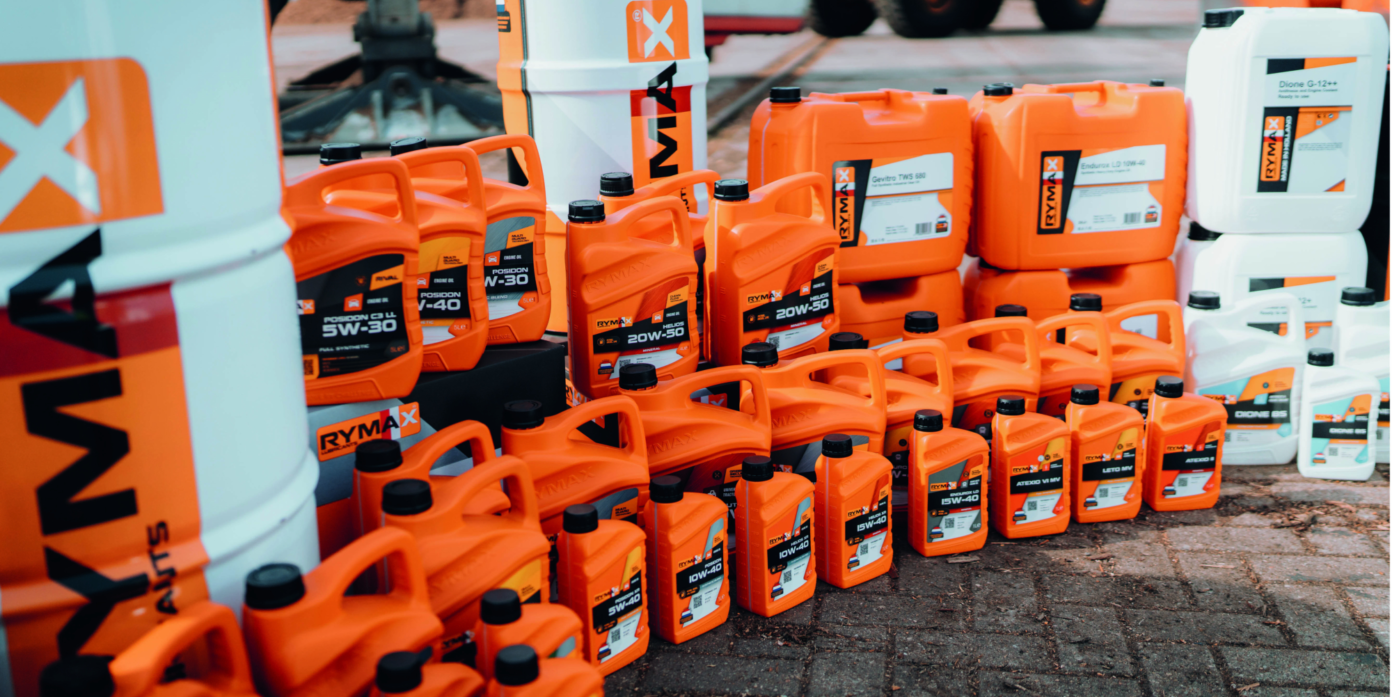

Total Base Number? (TBN) This is how it works!
Ever felt lost in your engine oil's data sheet? TBN (Total Base Number) is key to making better choices for your engine’s health and longevity.
Ever checked your engine oil's technical datasheet and felt lost in the numbers? Among viscosity grades and density figures, one critical metric stands out: TBN, or Total Base Number. Understanding TBN can help you make better choices for your engine’s health and longevity.
What is Total Base Number (TBN)?
TBN measures the alkalinity of engine oil, indicating its ability to neutralize harmful acids. It is expressed as the amount of potassium hydroxide (KOH) in milligrams per gram of oil. A higher TBN means better acid-neutralizing capacity, which helps protect your engine from corrosion.
Why is TBN Important?
As oil ages and absorbs contaminants, its TBN naturally decreases. When TBN drops too low, the oil loses its ability to neutralize acids, leading to corrosion and increased engine wear. Regularly monitoring TBN ensures your oil is still doing its job effectively.
The Role of Sulphur in Acid Formation
One major cause of acid buildup in engines is sulphur in fuel. When fuel burns, it produces acidic byproducts, and the more sulphur in the fuel, the more acid is generated.
Sulphur levels in diesel fuel vary worldwide. In regions with high-sulphur fuel (such as parts of Africa and Asia), engine oils need a higher TBN to combat the increased acidity and protect engine components.

TBN plays a vital role in engine protection, especially in regions with high sulphur fuel. Understanding how TBN interacts with your oil and fuel quality helps you make smarter maintenance decisions, ensuring your engine runs smoothly for years to come.